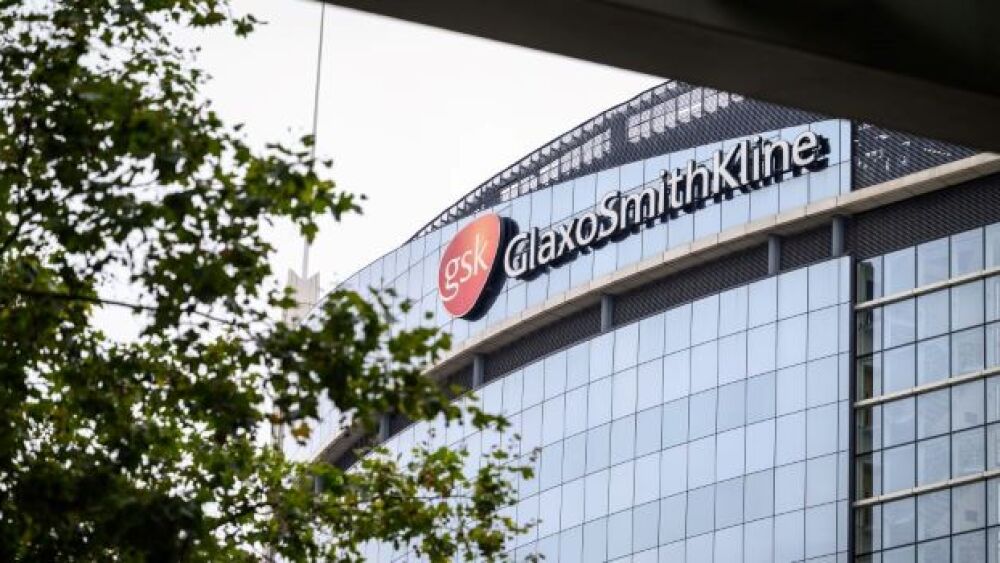GlaxoSmithKline (GSK) announced Tuesday morning it has struck a $70 million deal with Tempus in exchange for expanded access to Tempus’ AI-based patient data platform.
Courtesy of Leon Neal/Getty Images
In an effort to expand its footprint in the AI space, GSK announced Tuesday it has struck a $70 million deal with Tempus in exchange for expanded access to Tempus’ AI-based patient data platform.
Under the terms of the deal, GSK will have access to Tempus’ de-identified patient data drawn from “its work with over 40% of oncologists in the U.S. at academic medical centers and community hospitals.” A GSK spokesperson told BioSpace the platform is 34 times larger than the next largest dataset in oncology – Cancer Genome Atlas in the U.S.
This agreement is an expansion of an original deal the companies struck in 2020 that allowed GSK use of the platform to increase clinical trial enrollment for patients with certain types of cancer.
The platform works by matching potential GSK trial participants with the therapy best suited for them. It does this by testing complex biomarker hypotheses powered by machine learning, GSK noted.
GSK stated it hopes the deal will provide patients with “more personalized treatment faster” and improve its R&D success rate.
It plans to do this by:
1. Improving clinical trial design,
2. Speeding up trial enrollment and
3. Identifying drug targets
The deal includes three years of partnership with the option to expand it for another two years after that. GSK and Tempus are also currently involved in a Phase II open-label study of Zejula, GSK’s oncology drug candidate, announced in January.
AI - One of Biopharma’s Hottest Commodities
GSK’s interest in AI and machine learning is nothing new. Tony Wood, chief scientific officer, stated in the release that the collaboration “complements the work our team is already doing” in genomics, machine learning and AI.
To that end, the company reported its previous investments in these areas have enabled it to “more than double the number of targets in the early portfolio since 2017, and have increased the proportion of those with genetic support beyond 70%.”
A GSK spokesperson told BioSpace that GSK saw the need to build its capabilities in AI and machine learning “earlier than most.” The spokesperson added, “Today we have the largest in-house AIML function in the biopharma industry with 165 people and counting.”
The spokesperson also touted the company’s access to what they called the “richest and largest datasets” in the biopharma industry.
“Thanks to our suite of data-focused collaborations with organizations like 23andMe and UK Biobank, under experiments in functional genomics, we now produce more data every quarter than we did over our 300-year-plus history.”
GSK’s other AI-focused collaborations include a deal with PathAI announced in April to advance programs in oncology and non-alcoholic steatohepatitis (NASH).
And in 2020, BioSpace reported on GSK’s decision to open a $13 million AI-focused research hub in London in which it planned to collaborate with Cerebras, the Crick Institute and the Alan Turing Institute.
Tempus seems to be a hot commodity itself, as the company is also currently in collaboration with AstraZeneca to advance oncology therapeutics and Eli Lilly to expand access to genomic testing. It’s also backed by companies like Google and Novo Holdings, both of which contributed to a $200 million Series G-2 financing round in 2020.
At the time of the financing, the biotech was valued at $8 billion, according to reporting by Chicago Business Journal.





